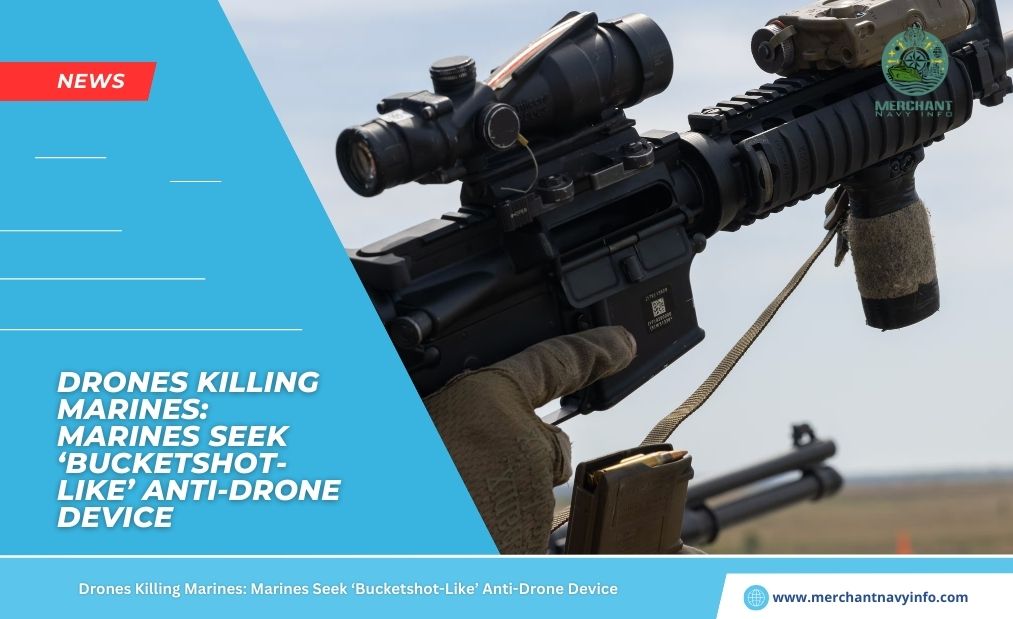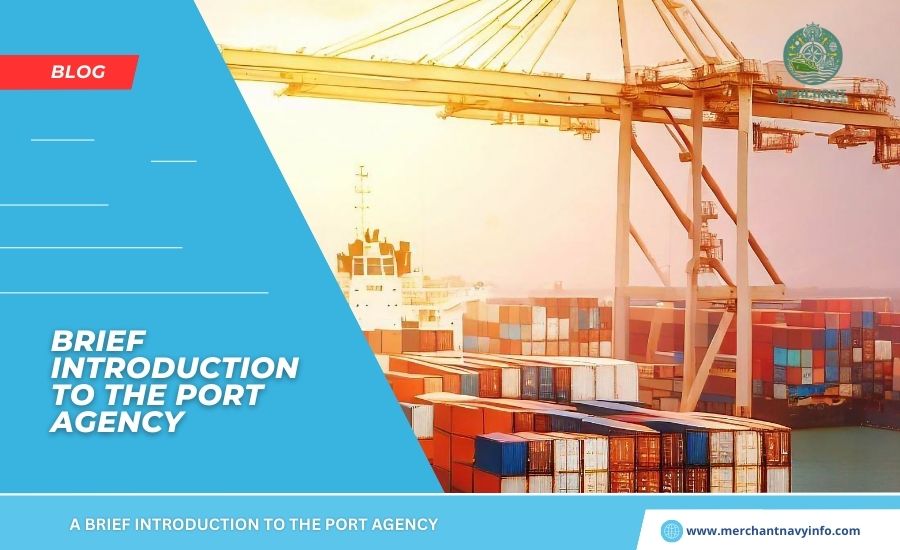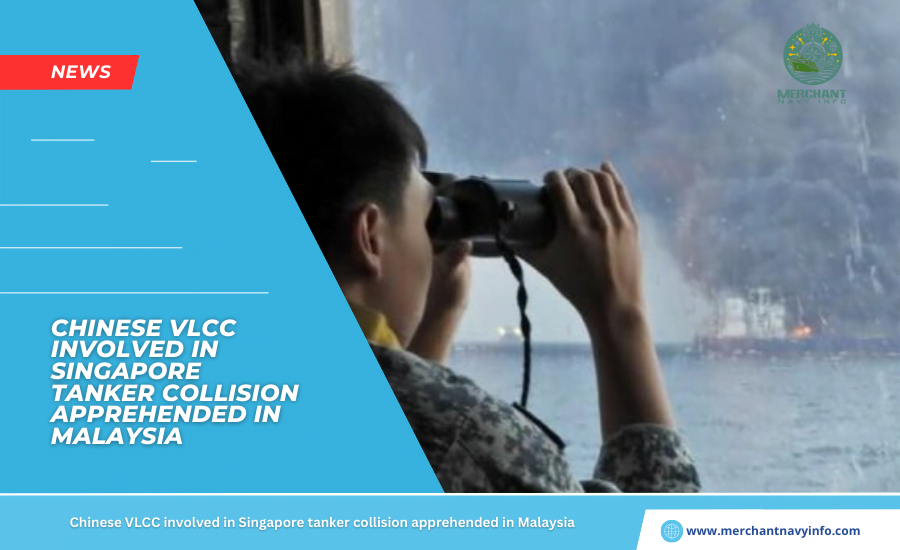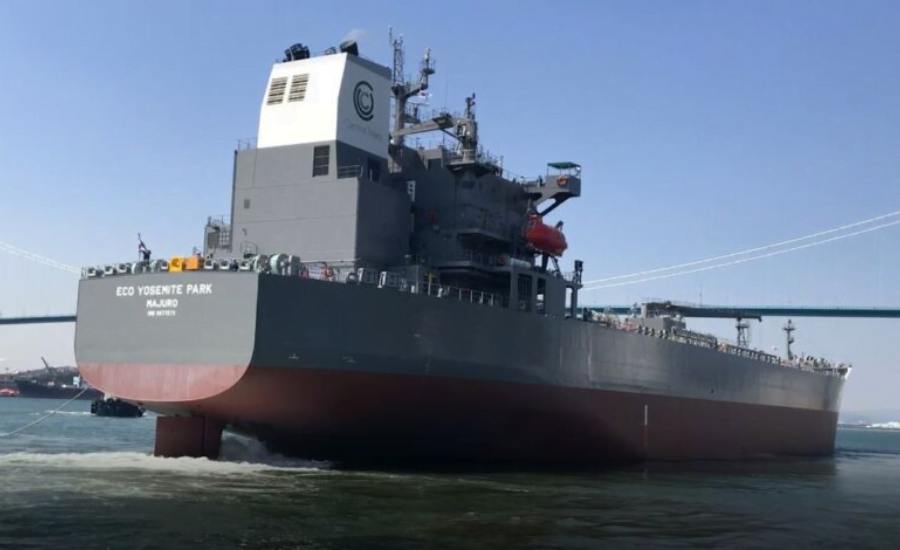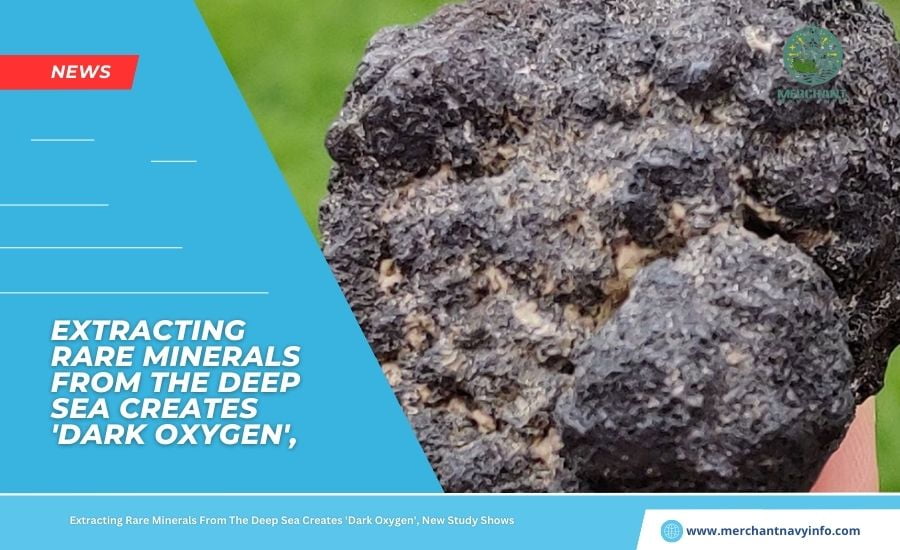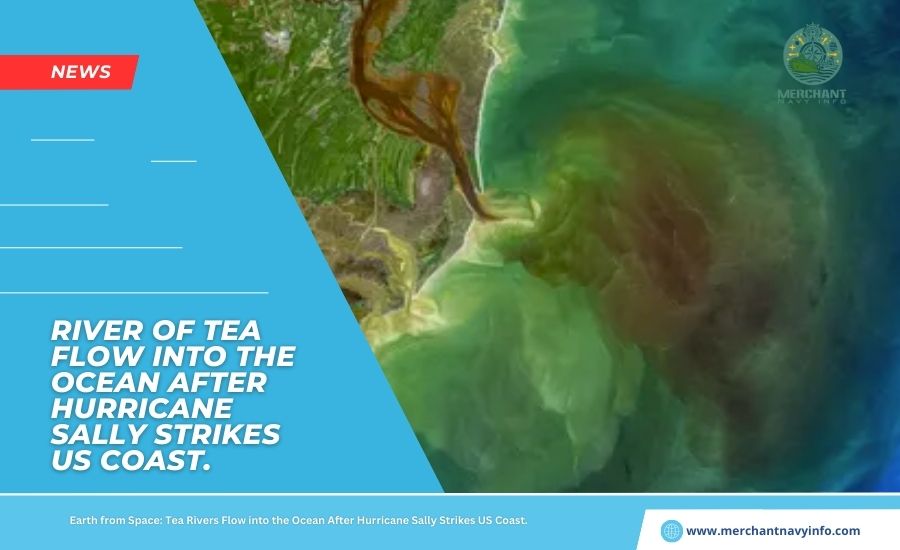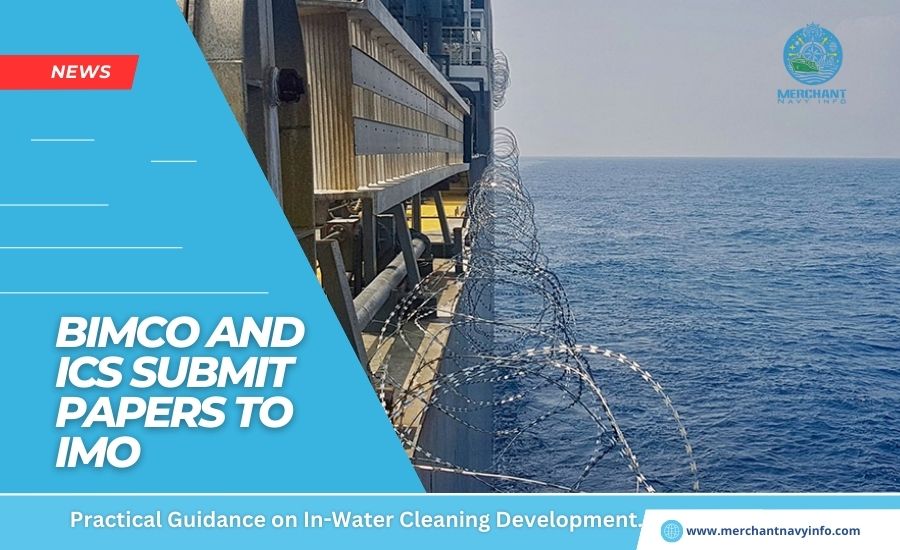
BIMCO has submitted two papers to the 11th session of the IMO’s Pollution Prevention and Response Sub-Committee. These papers cover the operational and safety aspects of in-water cleaning and the revised procedure for independent testing and certification of in-water cleaning companies.
In-water cleaning protocols are outlined in the 2023 Biofouling Guidelines based on the level of fouling.
Aron Soerensen, Head of Marine Environment, Copenhagen, Denmark, highlights that the development of guidance on matters relating to in-water cleaning will, therefore, be an area of focus for the IMO until 2025.
BIMCO and ICS reviewed the approval process for in-water cleaning with industry experts in November 2023. They aimed to create a certification system for in-water cleaning to provide shipowners with a safe and environmentally friendly service. They submitted two papers to support member states’ decisions at the 11th Pollution Prevention and Response Sub-Committee session. The system would allow cleaning companies to apply for local permissions from ports and other relevant authorities to operate within their jurisdictions.
Activities before, during, and after cleaning to ensure that the in-water cleaning is conducted efficiently, safely, and in an environmentally sound manner
Operational Procedures During In-water Cleaning
The cleaning company should develop a standard operating procedures (SOP) manual covering at least the following:
- Personnel involved in cleaning activities must follow specific operational procedures.
- Guidance of diver with cleaning equipment and camera to ensure complete coverage.
- video operation;
- Procedures for operating an ROV, including equipment and methods to ensure its safety.
- Operator can determine the ROV’s location and orientation about the ship;
- maintenance and calibration of equipment involved by the instructions of the manufacturer;
- Operator/technician/inspector/diver training requirements should cover the points mentioned under “training of personnel” below at a minimum.
- supervision and verification process to ensure compliance with operational procedures;
- Collect and report information, including photos of AFS condition, biofouling status, and use of biofouling coverage scale.
- development of cleaning and service reports;
- periodic review of near misses, work processes, procedures, complaints, corrective and preventive actions;
- process of issuance, maintenance and control of documents; and
- Contingency plans for breakdowns and accidents are necessary for the cleaning company.
- Anticipates during the cleaning process.
Pre-cleaning Preparations
The shipowner should request a list of cleaning companies from the port when they decide to clean the ship’s hull and niche areas.
The shipowner should send the following information to the appointed cleaning company:
1) Date, time, and location within the port (berth/anchorage).
2) Details of the Anti-Fouling System (AFS) on board, including its type and the manufacturer’s advice on cleaning.
3) Age of AFS and its expected service life timespan.
4) Previous damage to the AFS, if any.
5) List or draw an arrangement of reference areas.
6) Specify the area(s) of the ship to be cleaned. For example, does the ship require full cleaning, or has another company previously done a partial cleaning?
7) If niche areas need to be cleaned, information should be provided in the following categories:
- There are narrow areas on the ship’s vertical and bottom sides that can be easily cleaned.
- propellers; and
- Niche areas that need special cleaning equipment and procedures;
8) Latest inspection and cleaning reports.
9) The amount of time available for cleaning.
10) Any other planned operations on the ship, such as repairs, bunkering, storing, etc.
11) If relevant, please include details regarding the transfer of the ship within the port area, alongside and at anchorage.
12) Any other relevant information, such as idle periods and special precautions to be taken while cleaning.



